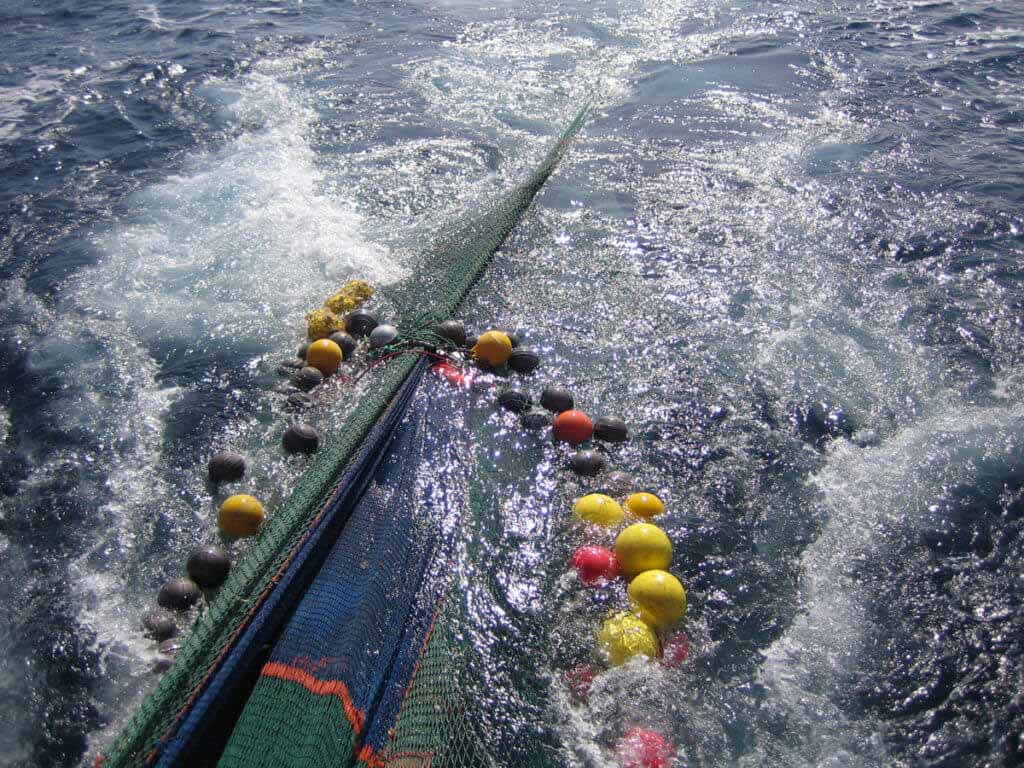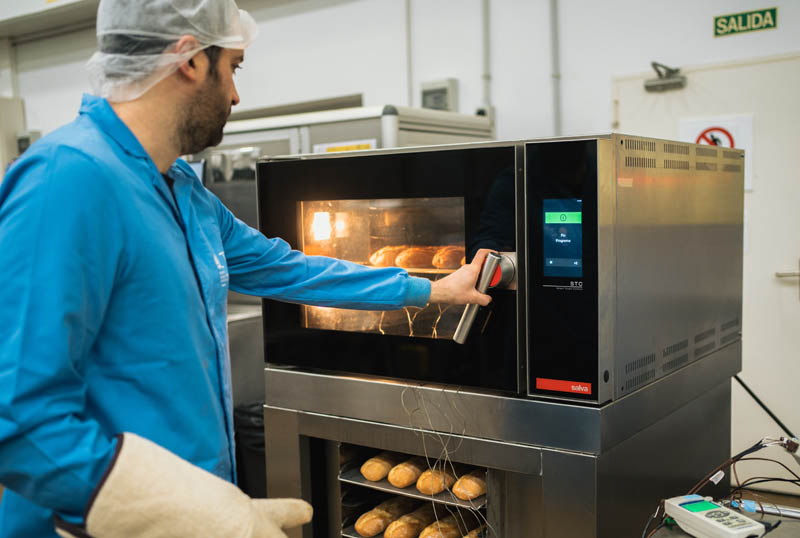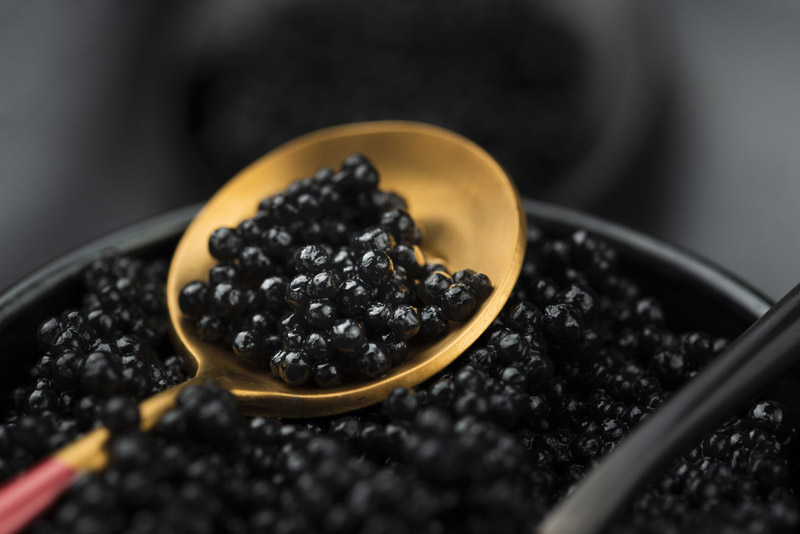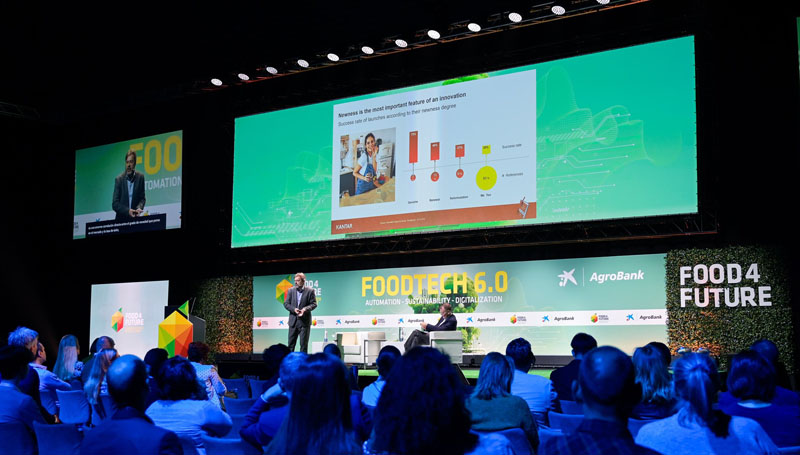Advanced solutions to reduce unwanted catches in trawling
Últimas noticias
Una mirada LGTBIQ+ al reino animal
Circular Economy in Action: Valorisation of By-products through Projects like PRIMA NEWFEED
Strategic Perspectives: Highlights from the Food4Future World Summit for Business Leaders
- A project coordinated by the AZTI technology center demonstrates that the application of selective devices in trawl nets reduces the unwanted capture of certain species subject to the landing obligation.
- The investigation has been carried out on board commercial trawlers, so it has the verification of the fishermen themselves.

Sukarrieta, February 11, 2020. Fishing is an activity of vital importance for both economic development and food, but ensuring its sustainability involves the application of innovative strategies that allow compliance with current regulations and respect the environment. In this context, the MENDES 2 study has been developed, a project that has shown that the use of selective devices in trawl nets contributes to significantly reduce the capture of unwanted species subject to total allowable catch (TAC) whose exploitation is sought to be more sustainable.
Led by AZTI in a consortium with the Organization of Fresh Fish Producers from the Port of Marín (Opromar) and the Organization of Heigh Seas Fisheries Producers from the Port of Ondarroa (OPPAO) the study has followed a technological and scientific approach in order to provide new tools to fishing companies to optimize its activities within the framework of the regulation known as the “landing obligation” (LO), which derives from a policy promoted by Parliament and the European Council to eliminate discards in European fisheries.
The project has the collaboration of the Biodiversity Foundation, the Ministry for Ecological Transition and Demographic Challenge, through the Pleamar program, co-financed by the European Maritime and Fisheries Fund (EMFF).
From its beginning in February 2019, the MENDES 2 project contemplated a close collaboration with the fishing sector, so that the results could be applied as quickly as possible.
The work, both for the ideation of technical solutions and for sea trials, has been carried out on board commercial fishing vessels and has the verification of the AZTI research staff and the fishermen themselves. It has focused mainly on horse mackerel, hake, elephant fish, blue whiting and mackerel – the species most affected by the LO- and has included experimental tests of selective devices in the most practiced trawling modalities in the waters of the Cantabrian and the Iberian Northwest: twin trawling an bull trawling.
Specifically, the tests of selective devices have led to the evaluation of capture performance of the usual trawl nets in fisheries equipped with a 80 mm square mesh panel in different positions in the codend (high and low plan), as well as with a 60 mm square mesh codend, as alternative configurations to the 70 mm diamond mesh codend in bull and twin trawling fisheries.
“These tests have shown that in trawlers operating in couple, an 80 mm square mesh panel located at the bottom of the codend allows to reduce hake catch significantly below size minimum reference for conservation, that is, unwanted capture,” says Esteban Puente, coordinator of Fisheries Technologies at AZTI.
According to the expert, in the case of trawling, a 60 mm square mesh codend reduces hake catch very substantially below the minimum allowed size without affecting catches of marketable size, a result that also occurs in a particularly remarkable way in the case of horse mackerel.
However, these effects have not been so marked in other cases: “An 80 mm square mesh panel at the top of the codend has an almost negligible effect in reducing unwanted catches of demersal species such as hake and elephant fish in bul trawing, but it does contribute to reducing the catch of sizes below the minimum allowed in species of more pelagic behavior such as horse mackerel,” says Puente.
In spite of the promising results of the selective device tests, MENDES 2 reveals that its implementation has a certain economic impact for the fishing companies due to the alteration of catches in other smaller commercial species; a consequence that the expert considers assumable if the benefits that they bring particularly in the case of the trawler fleet to the couple are taken into account.
Translation: fis.com







